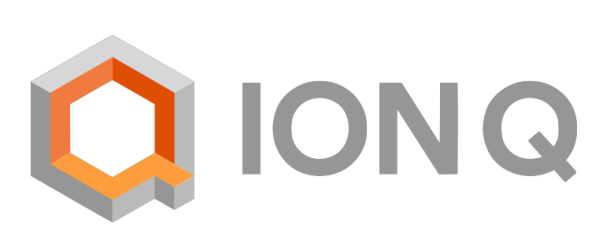IonQ Is First Quantum Startup to Go Public; Will It be First to Deliver Profits?

(HPCWire) IonQ became the first pure-play quantum computing start-up to go public on October 1, 2021. The stock (NYSE: IONQ) was around $15 and its market capitalization was roughly $2.89 billion on November 3, 2021.
It will also be interesting to listen to IonQ’s first scheduled financial results call (Q3) on November 15. Wall Street can be brutal as well as rewarding, although these are certainly early days for IonQ as a public company.
IQT NEWS ADDS “STOCKS ZONE” DAILY STOCK TICKER TO HOME PAGE
In a wide-ranging discussion with HPCwire’s always excellent John Russell, Monroe talked about ion technology and IonQ’s (roughly) three-step plan to scale up quickly; roadblocks facing other approaches (superconducting and photonic); how an IonQ system with about 1,200 physical qubits and home-grown error-correction will be able to tackle some applications; and why IonQ is becoming a software company and that’s a good thing. IQT-News has summarized an extensive interview, and the original from Russell is worth the time to read and review by clicking through the HPC source URL at start of article.
IonQ started with silicon-based traps and is now moving to evaporated glass traps.
There are two more critical steps in IonQ’s plan for scaling. Error correction is one. Clustering the chips together into larger systems is the other. Monroe tackled the latter first.
“Think about modern datacenters, where you have a bunch of computers that are hooked together by optical fibers. That’s truly modular, because we can kind of plug and play with optical fibers,” said Monroe. He envisions something similar for trapped ion quantum computers. Frankly, everyone in the quantum computing community is looking at clustering approaches and how to use them effectively to scale smaller systems into larger ones.
They key enabler, said Monroe, is a nonblocking optical switch.
The third leg is error correction, which without question is a daunting challenge throughout quantum computing. The relative unreliability of qubits means you need many redundant physical qubits – estimates vary widely on how many – to have a single reliable logical qubit. Ions are among the better behaving qubits.”
IonQ is taking a different tack that leverages software more than hardware thanks to ions’ stability and less noisy overall support system [ion trap]. Monroe didn’t go into detail about exactly how IonQ does this, but he emphasized that software is the big driver now at IonQ. “Our whole approach at IonQ is to throw everything up to software as much as we can. and that’s because we have these perfectly replicable atomic cubits, and we don’t have manufacturing errors.
It is probably going too far to say that Monroe believes scaling up IonQ’s quantum computer is now ‘just’ a straightforward engineering task, but it sometimes sound that way. The biggest technical challenges, he suggests, are largely solved. Presumably, IonQ will successfully demonstrate its modular architecture in 2022. He said competing approaches – superconducting and all-photonics, for example – won’t be able to scale. “They are stuck,” he said.
His view of the long-term is interesting. As science and hardware issues are solved, software will become the driver. IonQ already has a substantial software team. The company uses machine learning now to program its control system elements such as the laser pulses and connectivity. “We’re going to be a software company in the long haul, and I’m pretty happy with that,” said Monroe.
IonQ has already integrated with the three big cloud providers’ (AWS, Google, Microsoft) quantum offerings and embraced the growing ecosystem of software and tools providers and has APIs for use with a variety of tools.
Monroe is optimistic but not especially precise about when practical applications will appear. Sometime in the next three years is a good guess, he suggests. As for which application area will be first, it may not matter in the sense that he thinks as soon as one domain shows benefit (e.g. finance or ML) other domains will rush in.























